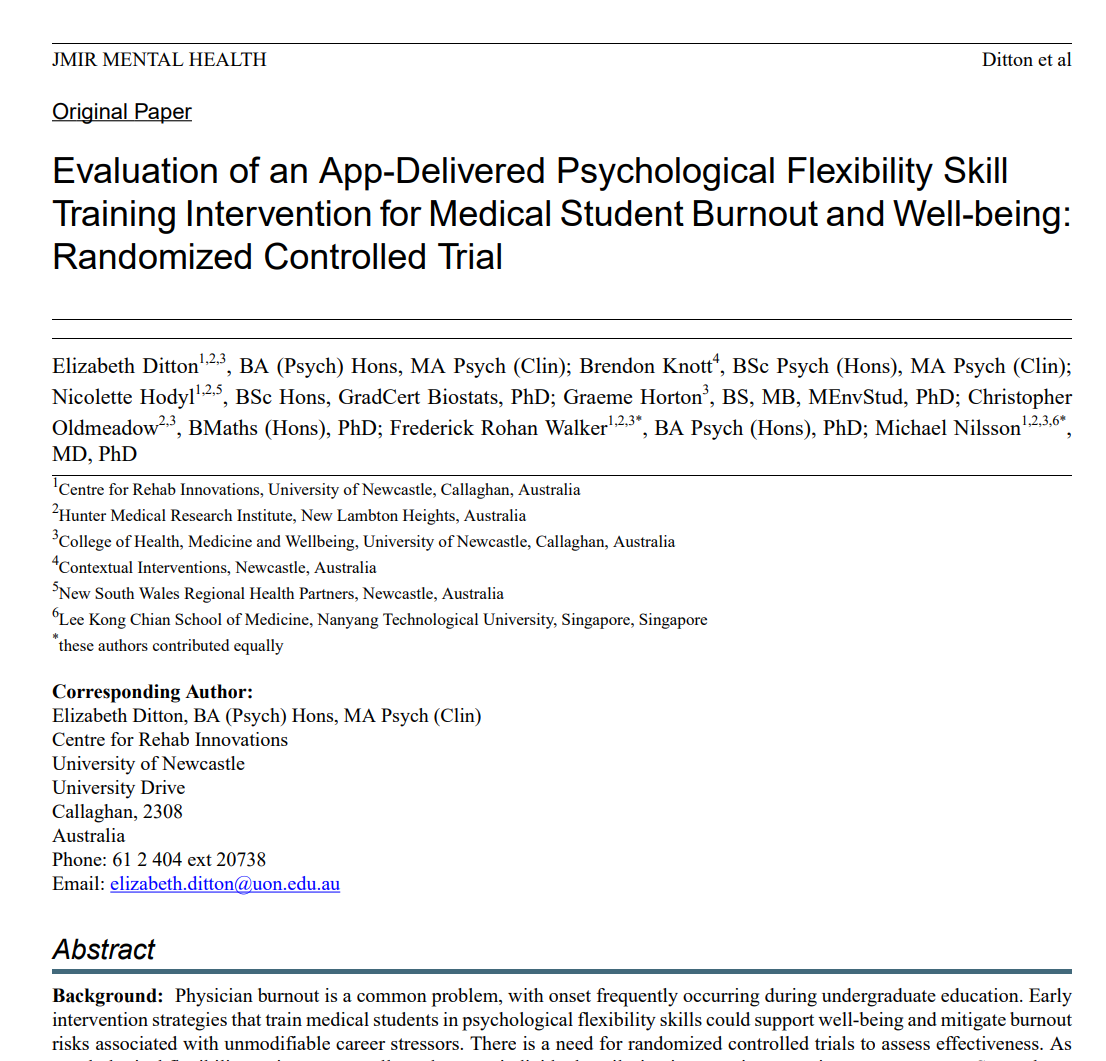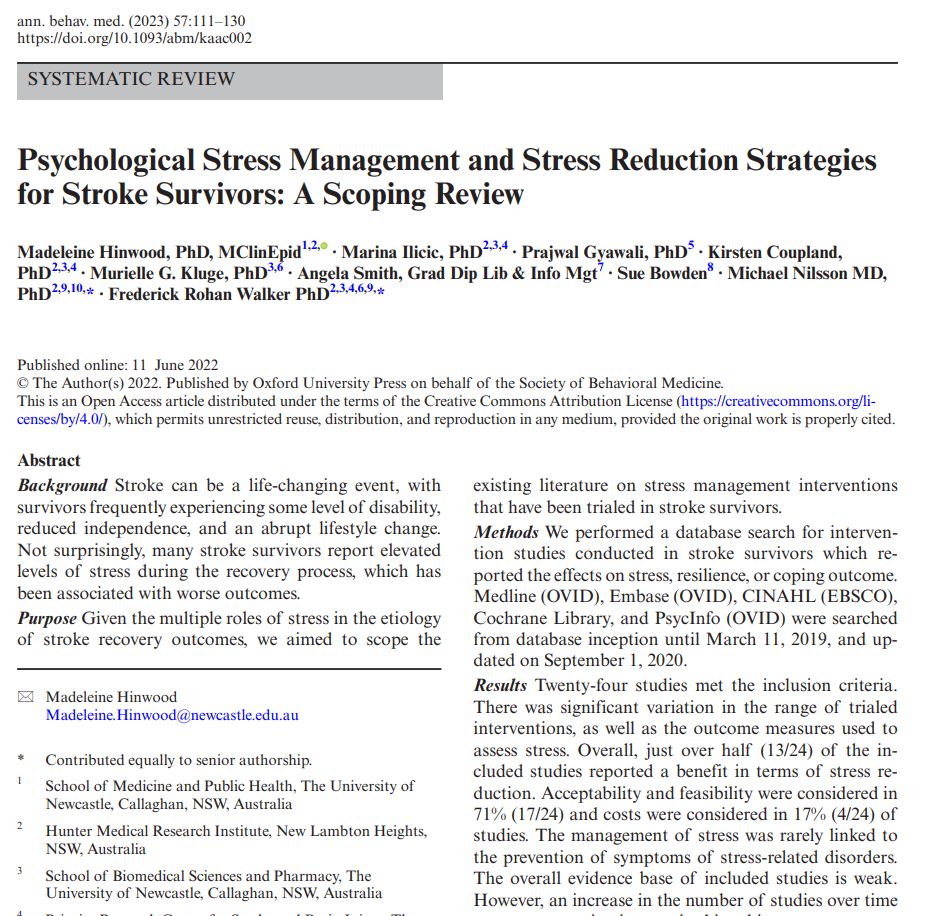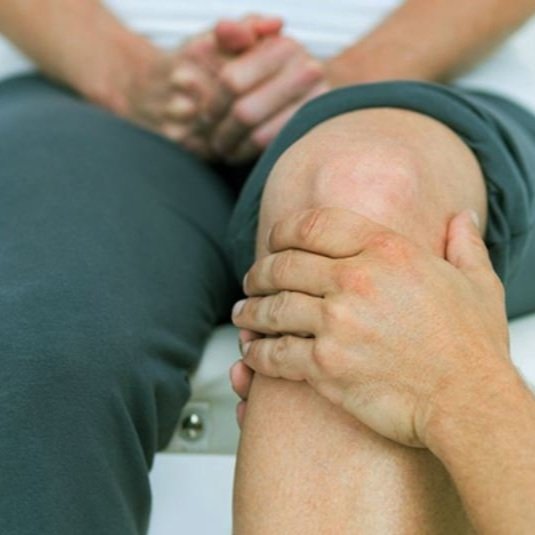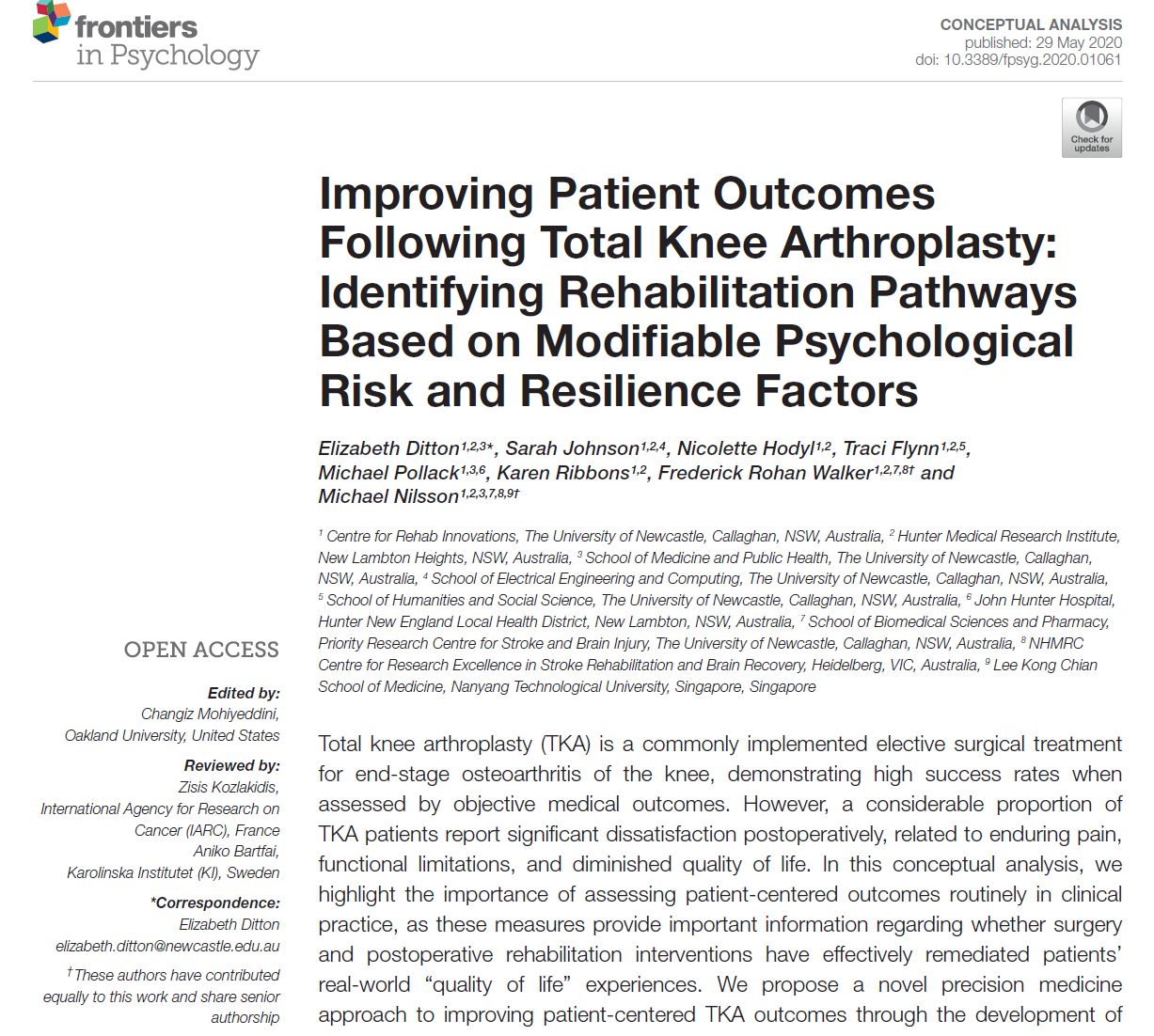
Resources

Biopsychosocial based machine learning models predict patient improvement after total knee arthroplasty
Total knee arthroplasty (TKA) is an effective treatment for end stage osteoarthritis. However, biopsychosocial features are not routinely considered in TKA clinical decision-making, despite increasing evidence to support their role in patient recovery…

Determining patient activity goals and their fulfillment following total knee arthroplasty: Findings from the prospective, observational SuPeR Knee study
This study comprised secondary data analysis of findings from the SuPeR Knee study. Using conventional content analysis, a classification system of activities specific to our TKA patient cohort was created…

Exploring Consumer Experiences of Barriers and Enablers to Accessing Rehabilitation That Meets Their Needs: The Rehabilitation Choices Study, Part 2 - Consumer Perspectives
In this study, we present the perspectives of consumers with different health conditions and a range of experiences with rehabilitation services...

Barriers and Enablers for Assessing Rehabilitation Services: Findings From the Rehabilitation Choices Study , Part 1 - Healthcare Professionals’ Perspectives
Globally, there is an increasing demand for quality medical rehabilitation services. This is the first article of a two‐part series showing the findings from the Rehabilitation Choices study in which the main aim was to understand the current...

Using Presurgical Biopsychosocial Features to Develop an Advanced Clinical Decision-Making Support Tool for Predicting Recovery Trajectories in Patients Undergoing Total Knee Arthroplasty…
Following total knee arthroplasty (TKA), 10% to 20% of patients report dissatisfaction with procedural outcomes. There is growing recognition that postsurgical satisfaction is shaped…

Evaluation of an app-delivered psychological flexibility skill training intervention for medical student burnout and well-being: Randomised controlled trial
Physician burnout is a common problem, with onset frequently occurring during undergraduate education. Early intervention strategies that train medical students in psychological flexibility skills could support well-being and mitigate burnout risks associated with unmodifiable…

Psychological Stress Management and Stress Reduction Strategies for Stroke Survivors: A Scoping Review
Stroke can be a life-changing event, with survivors frequently experiencing some level of disability, reduced independence, and an abrupt lifestyle change. Not surprisingly, many stroke survivors report elevated levels of stress during the recovery process, which has been associated…

Medical Student Experiences of Engaging in a Psychological Flexibility Skill Training App for Burnout and Well-being: Pilot Feasibility Study
Medical students are at higher risk of burnout than the general population. Interventions that facilitate adaptive coping behaviors (eg, Psychological Flexibility) in the context of inherent stressors associated with medical training could mitigate burnout risk and improve well-being…

SuPeR Knee Study Update - June 2022
As the SuPeR Knee Study recruitment draws to a close, the CRI team has done extremely well in reaching recruitment targets with final study data to be collected in early September 2022.

Do P2Y12 receptor inhibitors prescribed poststroke modify the risk of cognitive disorder or dementia? Protocol for a target trial using multiple national Swedish registries
The target of a class of antiplatelet medicines, P2Y12R inhibitors, exists both on platelets and on brain immune cells (microglia). This protocol aims to describe a causal (based on a counterfactual model) approach for analysing whether P2Y12R inhibitors prescribed for secondary…

SuPeR Knee Study Update – February 2022
The SuPeR Knee study, in partnership with HMRI and Ramsay Health Care, continues to track well despite recent COVID restrictions with patient recruitment due to be complete by May 2022. For…

Assessing the Efficacy of an Individualized Psychological Flexibility Skills Training Intervention App for Medical Student Burnout and Well-being: Protocol for a Randomized Controlled Trial
Medical student burnout is a prevalent problem with adverse long-term outcomes. Incorporating psychological resource-building interventions into comprehensive burnout prevention approaches during medical training is an identified priority among educators. These interventions…

SuPeR Knee Study update – September 2021
Our SuPeR Knee study, in partnership with HMRI and Ramsay Health Care, is once again tracking well with the study due to be complete in September 2022. For more information on…

SuPeR Knee Study Update – April 2021
The results are in, and our SuPeR Knee study, in partnership with HMRI and Ramsay Healthcare, is tracking well with the goal to have additional investigative sites on board in the coming months…

Clinical Decision Support Tools for Predicting Outcomes in Patients Undergoing Total Knee Arthroplasty: A Systematic Review
Total knee arthroplasty is the standard surgical treatment for end-stage osteoarthritis. Although widely accepted as a successful procedure, approximately 30% of patients are not satisfied due to non-optimal postoperative outcomes. Clinical decision support tools…

Improving Patient Outcomes Following Total Knee Arthroplasty: Identifying Rehabilitation Pathways Based on Modifiable Psychological Risk and Resilience Factors
Improving Patient Outcomes Following Total Knee Arthroplasty: Identifying Rehabilitation Pathways Based on Modifiable Psychological Risk and Resilience Factors
